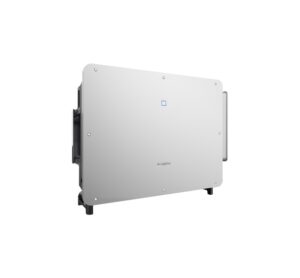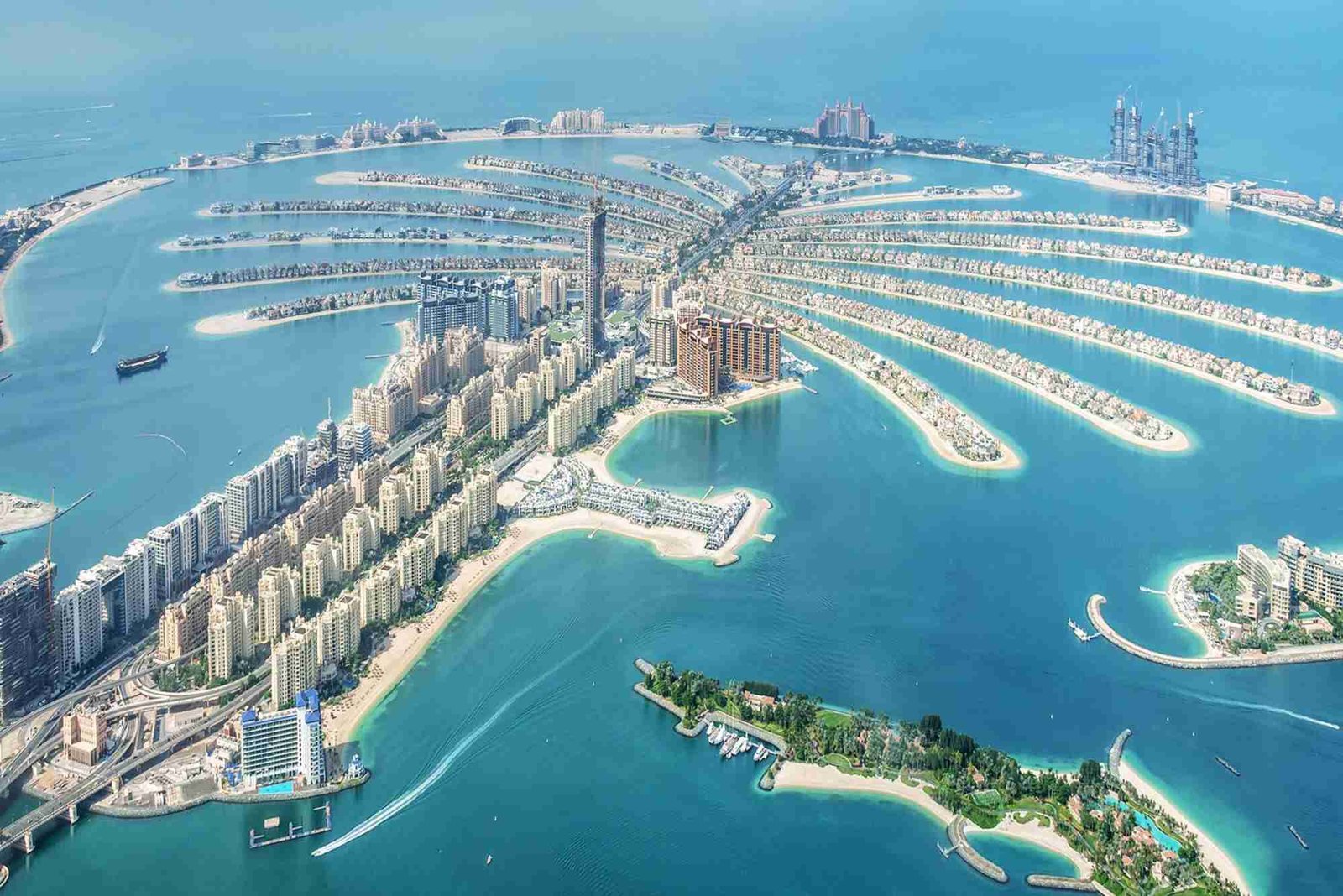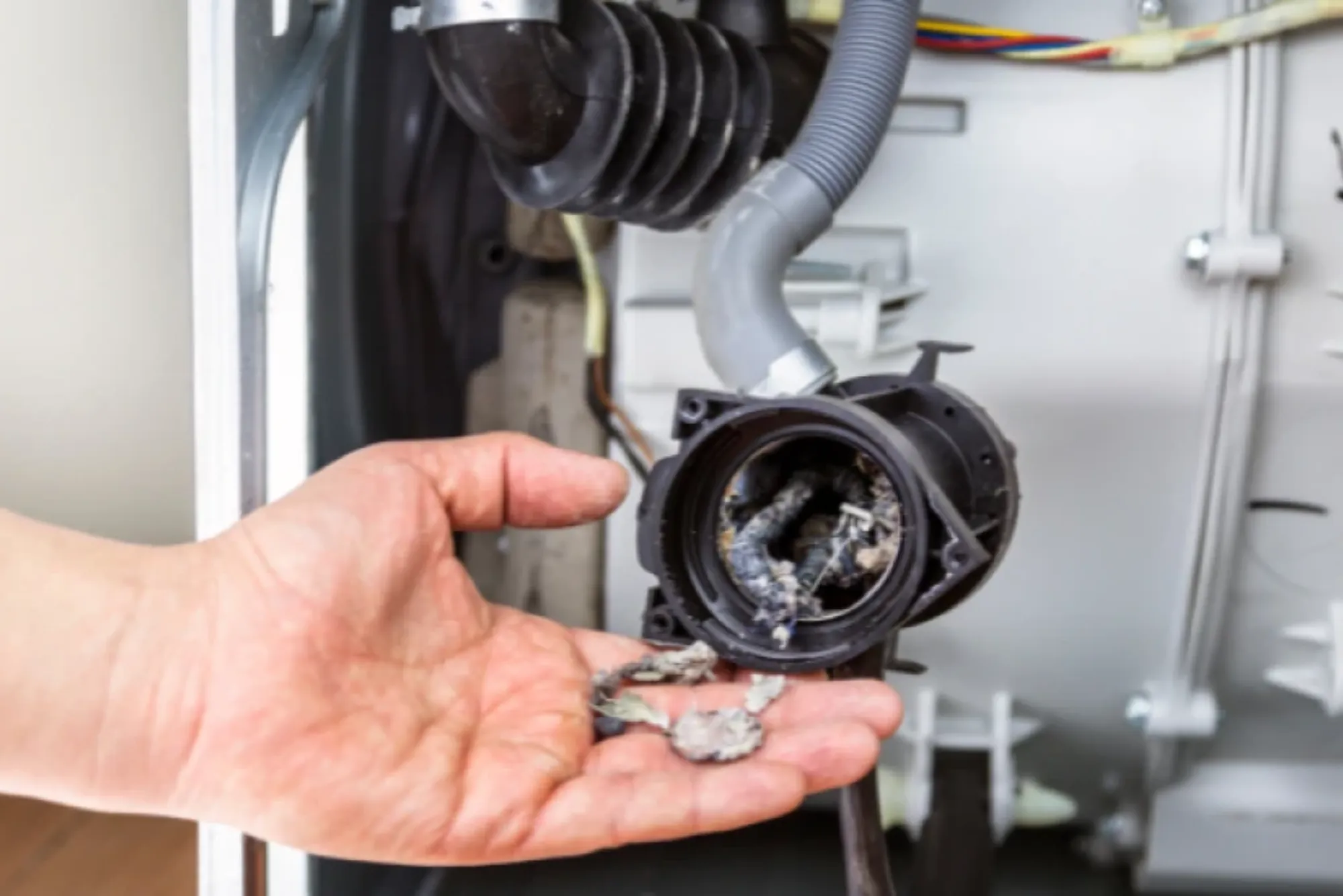When selecting a string inverter for solar energy systems, safety and durability are paramount. One crucial aspect to consider is the Ingress Protection (IP) rating, which indicates how well an electrical device can withstand dust, moisture, and other environmental factors. Let’s explore what IP protection means in the context of string inverters and highlight the robust features of the Sungrow SG125CX-P2.

What Does IP Protection Mean?
The IP rating is a standardized system that classifies the degree of protection provided by an enclosure against the intrusion of solid objects (like dust) and liquids (like water). The rating consists of two digits:
- First Digit (0-6): Indicates the level of protection against solid objects.
– 0: No protection
– 6: Dust-tight; no dust can enter.
- Second Digit (0-9): Indicates the level of protection against liquids.
– 0: No protection
– 6: Protection against powerful water jets.
Importance of IP Protection in String Inverters
In solar installations, inverters are typically placed outdoors, where they are exposed to various environmental conditions. A high IP rating ensures that the inverter remains functional and safe, preventing issues such as:
– Dust accumulation that could impede performance.
– Water ingress that could cause electrical shorts or damage.
Sungrow SG125CX-P2: IP66 Protection and C5 Anti-Corrosion
The Sungrow SG125CX-P2 string inverter features an impressive IP66 rating, which means it is completely dust-tight and can withstand powerful water jets. This level of protection is crucial for maintaining the inverter’s performance in diverse weather conditions, including heavy rain and dust storms. With IP66 protection, users can be confident that their inverter will operate reliably and safely, regardless of the environment.
C5 Anti-Corrosion Certification
In addition to its IP66 rating, the SG125CX-P2 is certified with a C5 anti-corrosion standard. This certification indicates that the inverter is designed to resist corrosion in harsh environments, particularly in coastal areas where saltwater exposure is common. The C5 standard ensures that the materials used in the inverter can withstand the corrosive effects of salt and humidity, thereby enhancing the longevity and reliability of the unit.
Conclusion
Understanding IP protection is essential when choosing a string inverter, as it directly impacts the device’s durability and performance. The Sungrow SG125CX-P2, with its IP66 rating and C5 anti-corrosion certification, exemplifies a robust and reliable solution for outdoor solar energy systems. By investing in an inverter like the SG125CX-P2, users can ensure that their solar installations are well-protected against environmental challenges, providing peace of mind and long-term performance.



